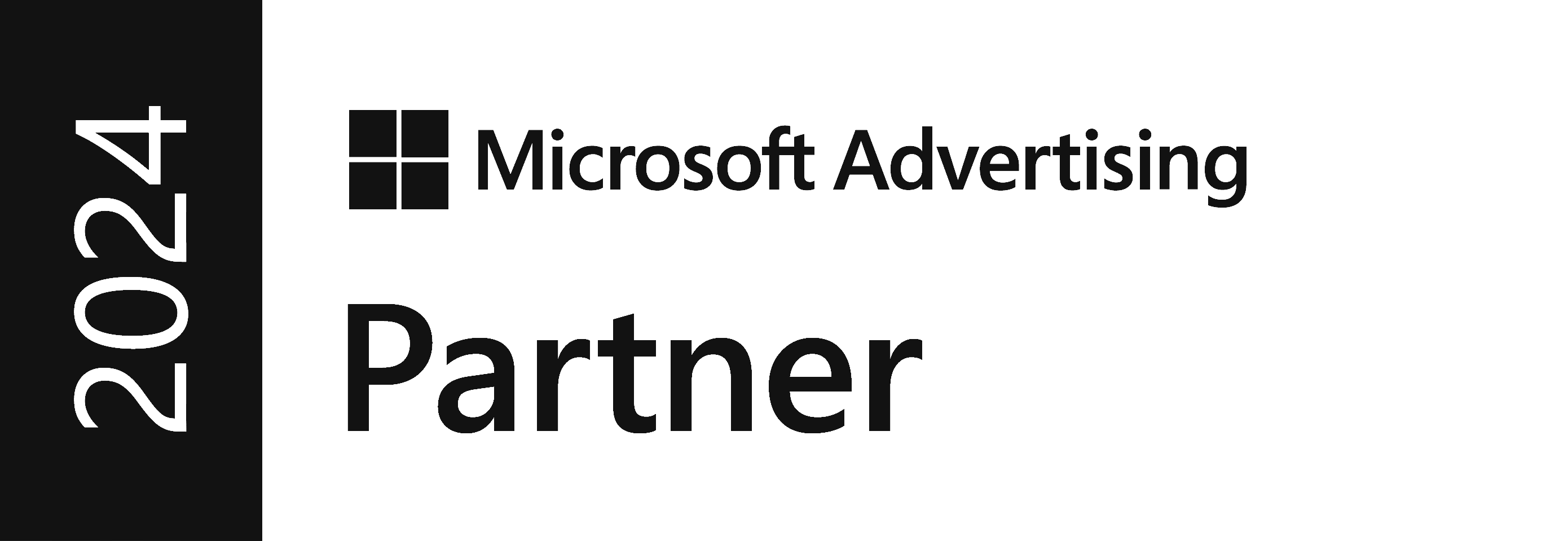When it comes to boosting organic traffic to your website, it's not just a goal, it's a real game-changer for your business, especially if you're working with a tight advertising budget. Organic SEO offers a golden opportunity to grow your online presence without breaking the bank.
So, what's the solution to this challenge?
Building backlinks emerges as a powerful strategy to ramp up your site's visibility and climb the search engine rankings. Sure, you could sit back and hope that people link to your site on their own, but why wait? Take action and give your website the boost it deserves.
If I’ve managed to grab your attention, keep on reading to uncover how you can kick-start your backlinking journey and improve your organic traffic.
The Role of Manual Link Building
Manual link building isn't your run-of-the-mill SEO tactic. It's more like a carefully crafted strategy that's all about making genuine connections and producing top-notch content. Instead of relying on shady automated tools or spammy tricks, manual link building is about putting in the time and effort to build relationships with other website owners and influencers.
The goal? To create a network of high-quality backlinks that not only boost your site's authority, but also show search engines that you're the real deal. So why does manual link building matter?
Authority and Trust
Think of backlinks as digital endorsements for your website. When respected sites link to your content, it's like they're saying, "Hey, this stuff is worth checking out!" This not only impresses search engines, but also boosts your credibility with users. Building this authority takes time, but every quality backlink you earn is like a little vote of confidence in your site's expertise.
Improved Rankings
Google loves to see websites with a strong network of backlinks. It's like the more nods of approval you get from reputable sources, the higher you climb in search rankings. By actively seeking out these links from trustworthy sites, you're essentially telling Google, "Hey, I belong up there with the big dogs!" And trust me, Google listens.
Referral Traffic
Sure, backlinks are great for SEO, but they also bring in some valuable traffic themselves. When people click on a link from another site and end up on yours, it's like getting a stamp of approval and a potential new visitor all in one. And because people are already interested in what you have to offer, they're more likely to stick around and maybe even become loyal fans.
Relationship Building
Manual link building isn't just about getting other sites to link to yours, it's about making friends in your industry. By connecting with fellow website owners, bloggers, and influencers, you open up a world of opportunities. Maybe it's collaborating on content, swapping guest posts, or just sharing tips and tricks. Either way, building these relationships not only helps you score more backlinks, but also makes the internet a friendlier (and more successful) place for everyone involved.
Getting Started with Manual Link Building
Embarking on the journey of manual link building requires a strategic approach to ensure success. Let's break down the steps to kickstart your manual link-building efforts.
Define Your Link Building Goals
Before diving in, it's essential to establish clear objectives. Are you aiming to enhance organic search visibility, drive traffic, or improve search engine rankings? Defining your goals provides a roadmap for your link-building strategy and keeps you focused on achieving tangible outcomes.
Research and Identify Relevant Link Opportunities
Next, compile a list of websites within your niche or industry that offer potential link-building opportunities. Tools like Moz, Ahrefs, or SEMrush can be invaluable for uncovering these prospects. Consider factors such as domain authority, relevance, and audience demographics when identifying potential partners.
Craft Compelling Outreach Emails
Personalisation is key when reaching out to website owners for link-building collaborations. Take the time to understand the target website's audience and tailor your outreach emails accordingly. Highlight the value you can offer and clearly articulate why collaborating with you would be beneficial for their audience.
Example:
“Hi [Website Owner's Name],
I hope you're doing well! I came across [Website Name] and was impressed by your insightful content.
I believe there's an opportunity for us to collaborate. At [Your Company/Website Name], we specialise in creating high-quality content tailored to [shared interest or industry].
I have some ideas that I think would resonate with your audience and add value to your site. In exchange, we'd be happy to promote your website to our audience.
Would you be open to discussing this further? Let me know a convenient time for a quick chat.
Looking forward to the possibility of working together.
Regards,”
Create High-Quality Content
High-quality content forms the foundation of any successful link-building campaign. Invest in creating content that is unique, informative, and engaging. Conduct thorough research to provide valuable insights and ensure that your content resonates with your target audience.
Promote Your Content
Once your content is ready, it's time to promote it through various channels. Share it on social media platforms, include it in email newsletters, and participate in industry forums or communities. Increased visibility not only attracts backlinks but also drives referral traffic to your site, amplifying the impact of your link-building efforts.
By following these steps diligently, you'll be well on your way to mastering the art of manual link building and reaping the rewards it brings to your SEO strategy.
Paying for Links: Good or Bad?
If you’re looking to get into link building, you may have read or heard somewhere that you can buy backlinks.
Paying for links plunges us into the depths of SEO and digital marketing's murky waters. It's a practice that's both intriguing and contentious, navigating through a labyrinth of opportunities and pitfalls. With its potential to impact search rankings, brand visibility, and online reputation, paid links beckon us to explore their intricacies with curiosity and vigilance.
The Good
Paying for links isn't always a shady deal. Sometimes, it's like renting a billboard on a bustling digital highway; an opportunity to get your brand noticed by the right audience. These links can drive traffic to your site, especially if they're placed on relevant platforms. And if the link comes from a reputable source, it can give your brand a credibility boost.
The Bad
But here's the catch; Google's algorithms aren't too fond of unnatural link schemes. If Google catches wind of your paid link strategy, you could face penalties, such as a drop in search rankings or even expulsion from search results. Plus, buying links from low-quality, spammy sites is a big no-no.
The Ugly
The dark side of paid links usually involves link farms. These are like the seedy alleys of the internet, where links multiply like rabbits and quality goes out the window. If you're trying to hide paid links, or you’re using them solely to manipulate rankings, you're treading on thin ice and eventually you're going to get caught.
Google’s March 2024 Update
Google continues its ongoing efforts to refine its search algorithms for better user experiences. This update focuses on several key areas.
Improved Quality Ranking
Google is enhancing its core ranking systems to ensure that it surfaces the most helpful information on the web.
The goal is to reduce unoriginal content in search results. This includes content that feels like it was created primarily for search engines rather than for people.
Sites specifically designed to match very specific search queries are also under scrutiny.
Expected Impact
Google expects that this update, combined with previous efforts, will reduce low-quality, unoriginal content in search results by 40%.
The focus is on directing more traffic to helpful and high-quality sites.
Spam Prevention
Google has long fought against spammy content. In this update, they’re targeting several areas.
Expired Websites: Sites that were once legitimate but have been repurposed as spam repositories by new owners.
Obituary Spam: Content related to obituaries that may be spammy.
Scaled Content Abuse: Preventing automation-generated low-quality or unoriginal content.
Site Reputation Abuse: Addressing manipulative behaviours that lead to poor-quality content.
Why It Matters
Google’s mission is to provide users with useful, high-quality content.
By reducing spam and unoriginal material, they aim to enhance the overall search experience.
For further details, you can read the full article here.
So, Should You Pay for Links?
It's a bit like walking a tightrope, exciting, but with inherent risks. If you're considering it, proceed with caution. Make sure the links are relevant, high-quality, and transparent. And remember, SEO isn't just about buying links, it's about building a solid foundation with diverse strategies. Always keep Google's algorithms in mind; they're like digital detectives, constantly on the lookout for suspicious activity.
In the world of SEO, slow and steady often wins the race.
Final Thoughts
Manual link building remains a fundamental aspect of any robust SEO strategy. By adopting a personalised, deliberate approach to acquiring backlinks and fostering genuine relationships within your niche, you can elevate your site's authority, improve search rankings, and drive valuable organic traffic.
Remember, SEO success is an ongoing journey that requires diligence, adaptability, and a commitment to delivering value at every turn. Embrace the art and science of manual link building and watch your website soar to new heights in the digital landscape.
To answer the question, “Is Manual Link Building the Most Important SEO Practice?” It’s up there.
1st Floor, Alphin Brook House,
Alphin Brook Road,
Exeter EX2 8RG
MORE THAN
Digital
Marketing.
View our sustainability page.
PPC for B2B
PPC for Law Firms
PPC for Luxury Ecommerce Brands
PPC for Travel and Tourism






